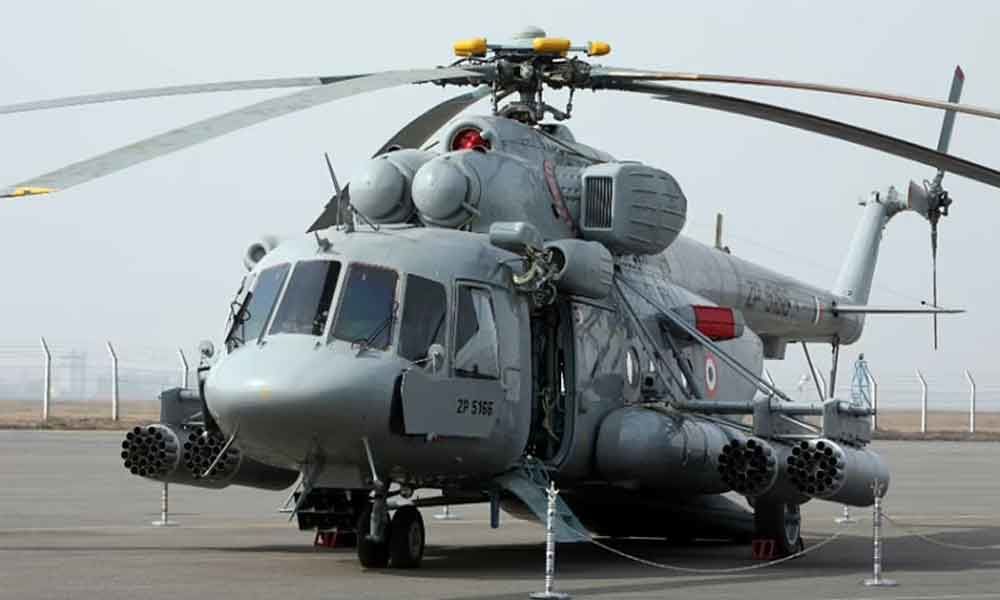Indian Navy receives 3 Mk III Advanced Light Helicopters from HAL

Indian Navy receives 3 Mk III Advanced Light Helicopters from HAL
The Indian Navy has received three "made in India" advanced light helicopters, customised for coastal security, from the Hindustan Aeronautics Limited (HAL) on Friday. The Mark-III Advanced Light Helicopter (ALH) is meant for coastal security.
Bengaluru:The Indian Navy has received three "made in India" advanced light helicopters, customised for coastal security, from the Hindustan Aeronautics Limited (HAL) on Friday. The Mark-III Advanced Light Helicopter (ALH) is meant for coastal security.
Out of the 16 Mk-III helicopters, HAL delivered three to Indian Navy Chief Admiral Karambir Singh at Aero India.
The helicopters are fully loaded multi mission helicopter is fitted with an array of advanced sensors. This will augment the Navy's responsibility for coastal security placed on it by the government after 26/11 Mumbai terror attacks that claimed the lives of 166 people and left 300 others injured.
The helicopter features a full glass cockpit with HAL's Integrated Architecture Display System (IADS), more powerful "Shakti" (Safran Ardiden 1H1) engines, and a host of new systems.
The Indian Navy had ordered 16 Mk-III to supplement its ageing and depleting fleet of Alouettes (Chetaks) - from HAL.
These helicopters have come up with latest-generation avionics and role equipment. It is primarily meant for use in a shore-based role.
The Mk-III ALH are also equipped with an indigenous low frequency dunking sonar (LFDS) developed by Kochi-based Naval Physical and Oceanographic Laboratory.
The sonar's units are being produced by state-owned Bharat Electronics Limited with a host of sub-vendors downstream.
The aircraft has also a nose-mounted surveillance radar with 270-degree coverage that can detect, classify and track multiple marine targets.
It also has synthetic-aperture radar, inverse synthetic-aperture radar, and moving target indication classification functions.














